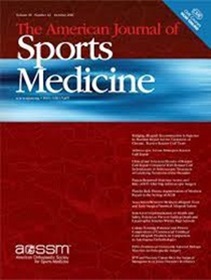Effects of Creatine Monohydrate on Endurance Performance in a Trained Population: A Systematic Review and Meta-analysis.
Abstract
Background: There is robust evidence that creatine monohydrate supplementation can enhance short-term high-intensity exercise in athletes. However, the effect of creatine monohydrate supplementation on aerobic performance and its role during aerobic activities is still controversial.
Objective: The purpose of this systematic review and meta-analysis was to evaluate the supplementation effects of creatine monohydrate on endurance performance in a trained population.
Methods: The search strategy in this systematic review and meta-analysis was designed following Preferred Reporting Items for Systematic Reviews and Meta-Analyses (PRISMA) guidelines, and PubMed/MEDLINE, Web of Science, and Scopus databases were explored from inception until 19 May, 2022. Only human experimental trials, controlled with a placebo group, evaluating the effects of creatine monohydrate supplementation on endurance performance in a trained population were analyzed in this systematic review and meta-analysis. The methodological quality of included studies was evaluated using the Physiotherapy Evidence Database (PEDro) scale.
Results: A total of 13 studies satisfied all the eligibility criteria and were included in this systematic review and meta-analysis. The results for the pooled meta-analysis showed a non-significant change in endurance performance after creatine monohydrate supplementation in a trained population (p?=?0.47), with a trivial negative effect (pooled standardized mean difference?=??-?0.07 [95% confidence interval?-?0.32 to 0.18]; I2?=?34.75%). Further, after excluding the studies not evenly distributed around the base of the funnel plot, the results were similar (pooled standardized mean difference?=??-?0.07 [95% confidence interval?-?0.27 to 0.13]; I2?=?0%; p?=?0.49).
Conclusions: Creatine monohydrate supplementation was shown to be ineffective on endurance performance in a trained population.
Clinical trial registration: The study protocol was registered in the Prospective Register of Systematic Review (PROSPERO) with the following registration number: CRD42022327368.





